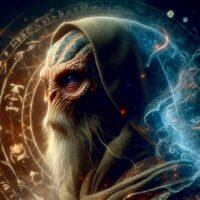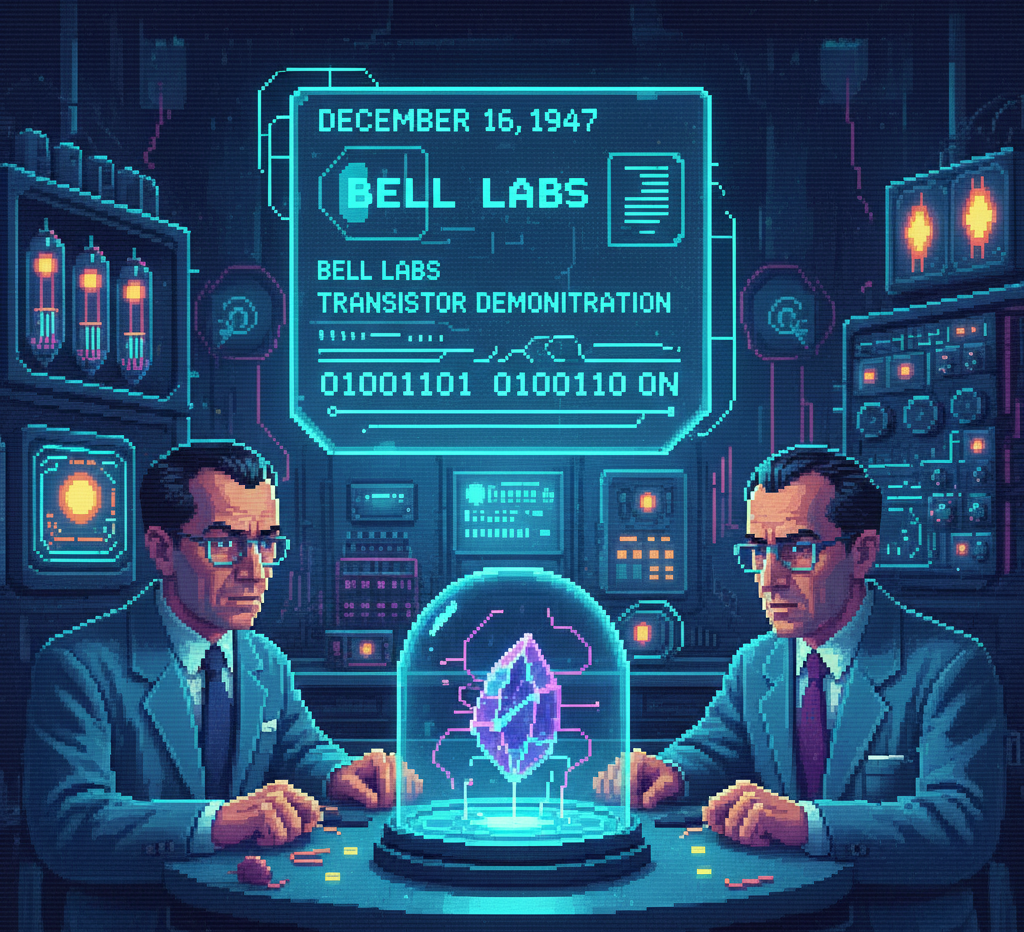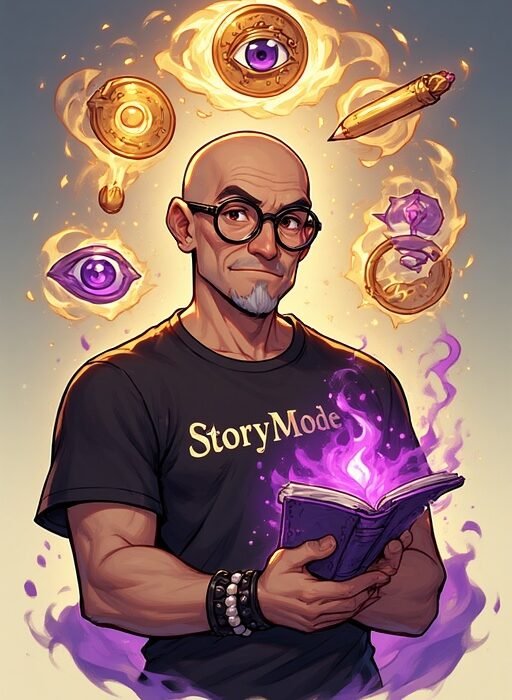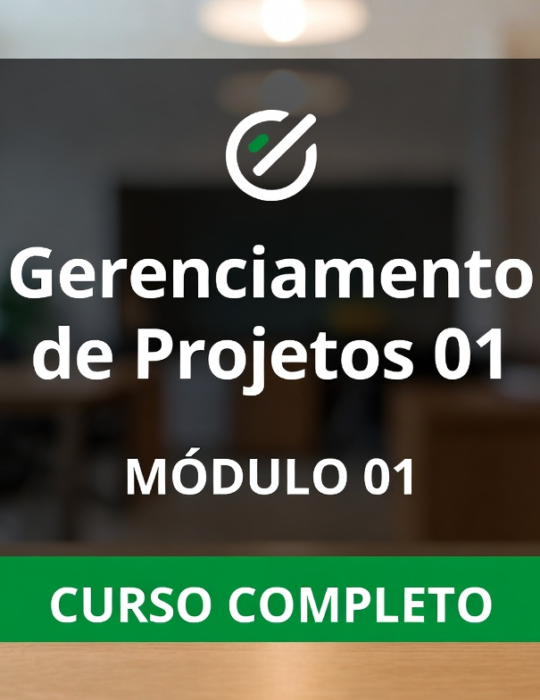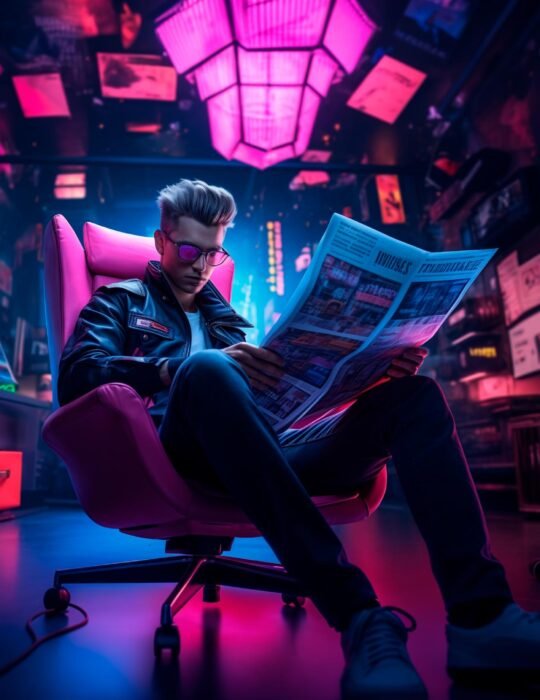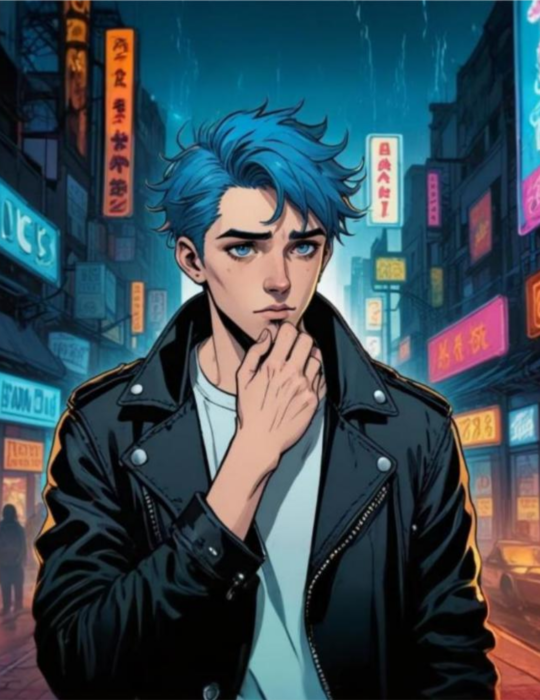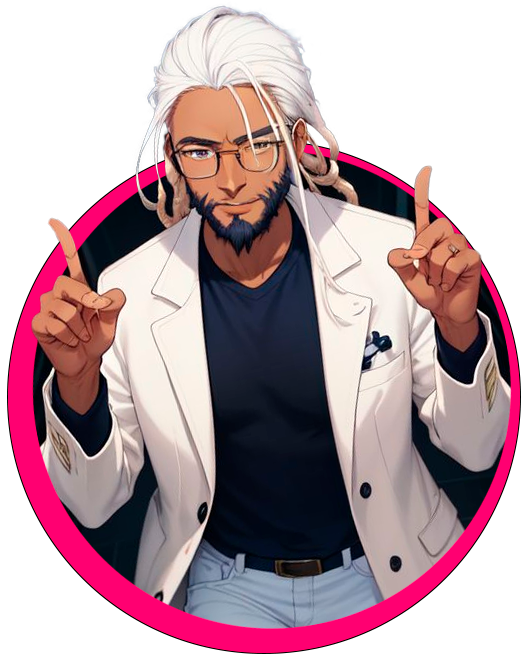And the world never looked at a camera the same way again.
On that day, the book was released that predicted the future so accurately…
that sometimes it feels like we’re living in a bonus chapter.
1984 isn’t just literature.
It’s a dark storytelling manual.
It’s a cultural paranoia software.
It’s the dystopia that became a trend.
👁️ Why does this book keep shaping the creative economy and digital culture?
🕹️ It inspired narrative games, series, movies, campaigns, and interactive works with themes like surveillance, censorship, and creative rebellion.
📱 It anticipated the emotional design of interfaces, where every button, notification, or “terms of use” feels like it’s hiding a pixelated Ministry of Truth.
🎭 It gave rise to archetypes that live in comics, animations, sci-fi movies, and digital storytelling: the silent rebel, the oppressive system, the hero with no way out.
📊 It influenced discussions about ethics in tech, algorithms, personal data, AI, and social media — and made a lot of people look at Siri with suspicion.
👴 Oscar, wearing a badge that says “Employee of the Ministry of Creativity”:
“George Orwell didn’t write a book.
He dropped a spoiler.
And nobody read the terms of use.”
🐲 Barkley, rocking a stylish aluminum hat:
“If you had to create a dystopia inspired by 1984, what would it be called?
And what would ‘Big Brother’ do: feed curation or meme editing?”
🎯 Mission of the Day
Create a short dystopian narrative, in up to 5 sentences.
Use an everyday object as a symbol of the oppressive system (like a coffee shop loyalty card).
And post it. With pride. Or with fear. Or both.
💰 Reward:
+10 points for ironic social critique.
+1 preemptive block from the Algorithm Ministry.


